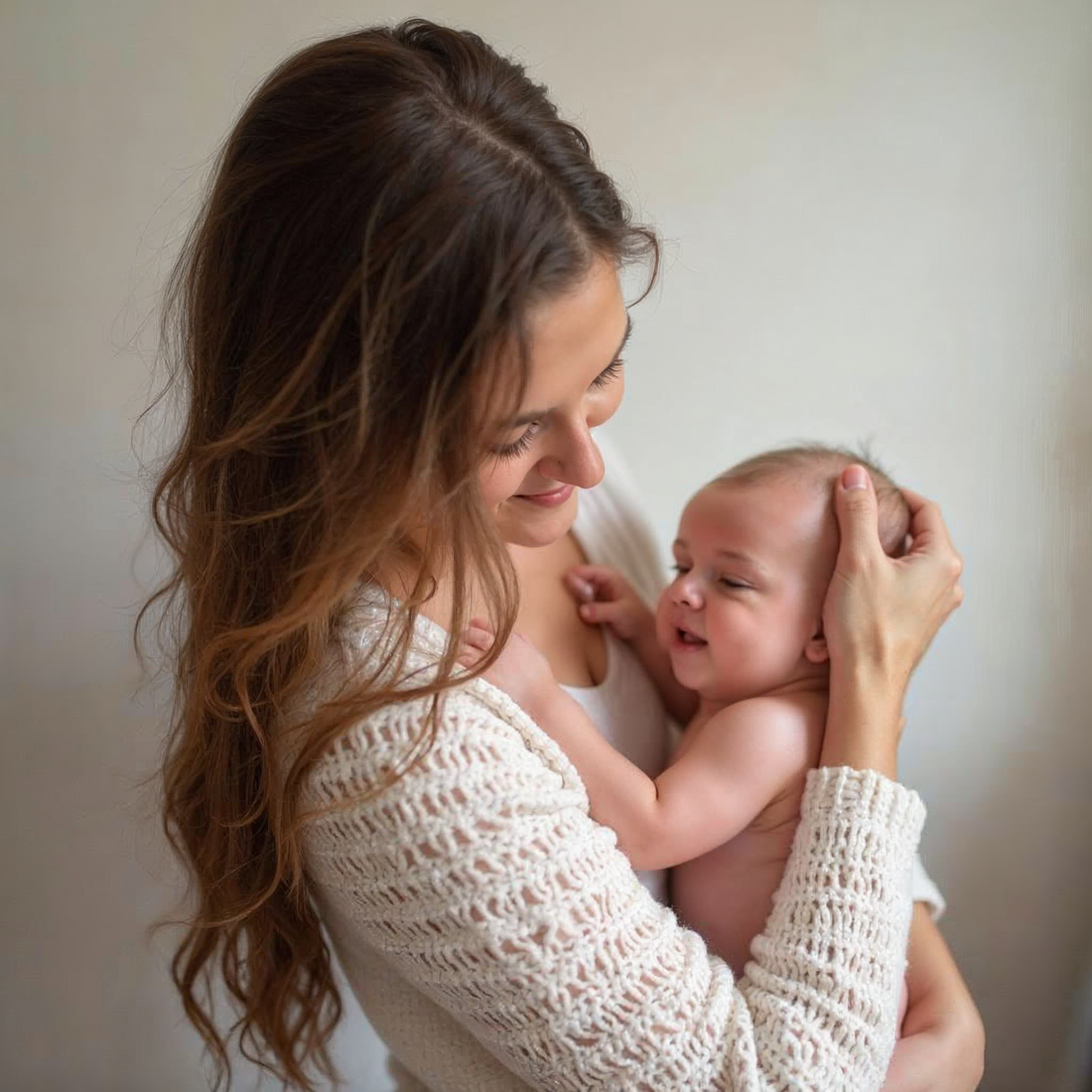
Understanding Postpartum Hair Loss: What New Moms Need to Know and How to Cope
Welcoming a new baby into the world is a joyous occasion, but for many new moms, postpartum hair loss can be an unexpected and disheartening side effect. As your body adjusts after childbirth, it's completely normal to notice more hair in your brush or shower drain than usual. Fortunately, there are plenty of hair loss solutions and nourishing hair products designed specifically to support your hair growth after pregnancy. In this post, we'll dive into how you can embrace new mom hair care routines that are both effective and sustainable, helping you feel confident and beautiful during this transitional phase. From understanding the causes of hair loss postpartum to exploring natural product options, we're here to help you navigate post childbirth hair care with optimism and ease.

Causes of Postpartum Hair Loss
Understanding the root causes of postpartum hair loss can help new moms navigate this challenging phase with confidence. Let's explore the main factors contributing to this common experience.
Hormonal Changes After Pregnancy
Pregnancy hormones, particularly estrogen, keep hair in a prolonged growth phase. After childbirth, these hormone levels drop dramatically, triggering a shift in the hair growth cycle.
This sudden change causes many hair follicles to enter the resting phase simultaneously. As a result, new moms may notice increased shedding, typically peaking around 3-4 months postpartum.
It's important to remember that this is a temporary condition. Most women will see their hair return to its normal growth cycle within 6-12 months after giving birth.
Stress and Hair Loss
The postpartum period can be incredibly stressful, and this stress can exacerbate hair loss. New moms often experience:
-
Sleep deprivation
-
Hormonal fluctuations
-
Emotional challenges
-
Physical recovery from childbirth
These factors can trigger a type of hair loss called telogen effluvium. This condition pushes more hair follicles into the resting phase, leading to increased shedding.
Stress management techniques, such as mindfulness, gentle exercise, and seeking support, can help mitigate this effect. Nourishing hair products designed for postpartum care can also provide much-needed support during this time.

Nutritional Deficiencies in New Moms
Proper nutrition plays a crucial role in maintaining healthy hair growth. However, new moms often face nutritional challenges due to:
-
Breastfeeding, which requires additional nutrients
-
Irregular eating patterns due to newborn care demands
-
Potential dietary restrictions
Common deficiencies that can impact hair health include iron, vitamin D, and B-complex vitamins. A balanced diet rich in these nutrients can support hair growth and overall health.
Consider incorporating foods like leafy greens, lean proteins, and whole grains into your diet. In some cases, your healthcare provider might recommend supplements to address specific deficiencies.
Coping with Hair Loss
While postpartum hair loss is temporary, it can be distressing. Let's explore effective strategies to manage this transition and support healthy hair growth.
Effective Hair Loss Solutions
Addressing postpartum hair loss requires a multi-faceted approach. Here are some proven strategies:
-
Gentle hair care: Use a wide-toothed comb and avoid tight hairstyles to minimize stress on your hair.
-
Scalp care: Regular scalp massages can stimulate blood flow and promote hair growth.
-
Volumizing products: These can give the appearance of fuller hair while you wait for regrowth.
Tip: Consider using organic, preservative-free shampoo to minimize exposure to harsh chemicals during this sensitive time.
Remember, patience is key. Consistent care and a healthy lifestyle will support your hair's natural regrowth process.
Choosing Nourishing Hair Products
Selecting the right hair products can make a significant difference in managing postpartum hair loss. Look for products that:
-
Are free from harsh chemicals and parabens
-
Contain natural ingredients known to support hair health
-
Provide gentle cleansing without stripping natural oils
Natural oils like argan, coconut, and jojoba can be particularly beneficial. These oils nourish the scalp and hair, promoting a healthy environment for hair growth.
Consider incorporating a leave-in conditioner or hair mask into your routine for extra nourishment. These products can help strengthen existing hair and support new growth.

Promoting Hair Growth After Pregnancy
Encouraging hair growth post-pregnancy involves both internal and external care. Here's what you can do:
Internal care:
-
Stay hydrated
-
Eat a balanced diet rich in vitamins and minerals
-
Consider supplements (after consulting with your doctor)
External care:
-
Use a scalp serum or hair growth oil
-
Avoid heat styling when possible
-
Protect your hair while sleeping with a silk or satin pillowcase
Regular trims can also help maintain healthy hair and prevent split ends. While it might seem counterintuitive, trimming can actually promote healthier, faster growth in the long run.
Long-term Hair Care Strategies
Developing a sustainable hair care routine can help you maintain healthy hair long after the postpartum period. Let's explore some long-term strategies.
Sustainable New Mom Hair Care
Creating a sustainable hair care routine as a new mom involves finding a balance between effectiveness and practicality. Here are some tips:
-
Simplify your routine: Choose multi-purpose products to save time and reduce product waste.
-
Opt for eco-friendly options: Look for products with minimal packaging and natural ingredients.
-
Embrace low-maintenance styles: Consider haircuts that are easy to style and maintain.
Remember, sustainable hair care isn't just about the products you use. It's also about developing habits that you can maintain consistently, even with the demands of motherhood.

Preventing Hair Loss Postpartum
While some hair loss is inevitable after pregnancy, there are steps you can take to minimize its impact:
-
Start prenatal vitamins early and continue them postpartum
-
Maintain a balanced diet rich in protein, iron, and vitamins
-
Manage stress through relaxation techniques or gentle exercise
-
Avoid harsh chemical treatments during pregnancy and early postpartum
Pro tip: Consider using a silk scrunchie to tie your hair back. This can help reduce breakage and tension on your hair.
Remember, prevention starts during pregnancy. Taking care of your overall health can set the stage for healthier hair postpartum.
Embracing Post Childbirth Hair Care
Adapting to your post-childbirth hair can be an opportunity for self-care and personal growth. Here's how to embrace this journey:
-
Be patient: Hair regrowth takes time. Celebrate small victories along the way.
-
Experiment with new styles: Try different haircuts or styling techniques that work with your current hair texture and volume.
-
Practice self-compassion: Remember that your body has done something incredible. Treat yourself with kindness during this transition.
Lastly, don't hesitate to seek support. Whether it's from other moms, your healthcare provider, or a hair care professional, getting advice and reassurance can make a big difference in your post-childbirth hair care journey.

